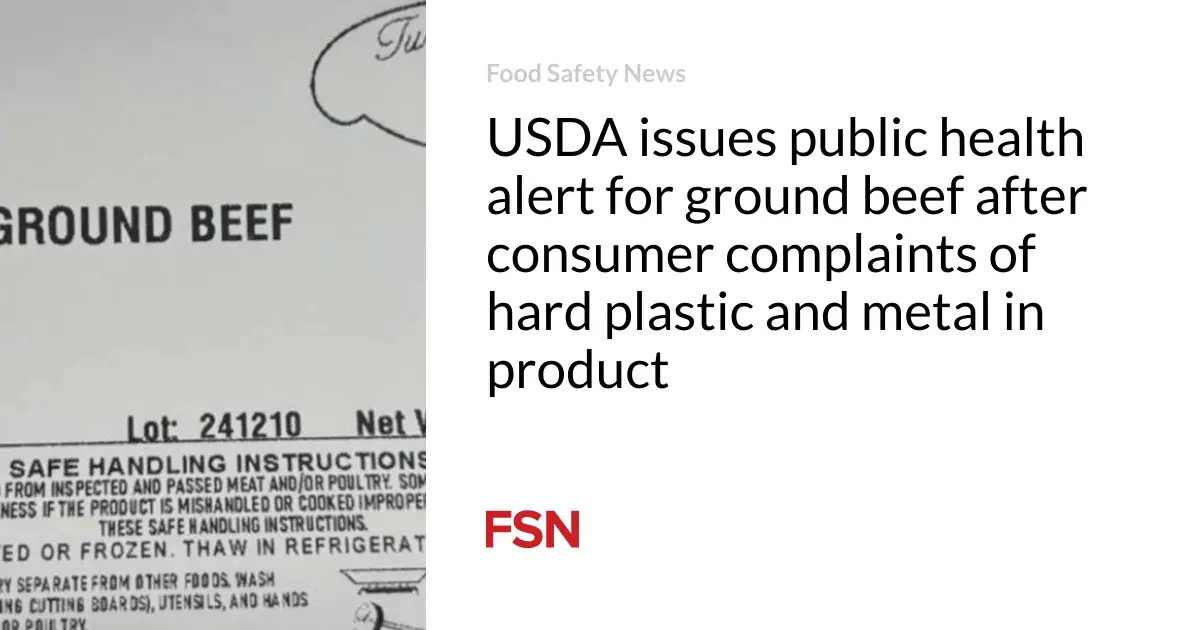In just over a fortnight, some of the UK’s biggest fashion brands will showcase their new collections at London fashion week. Organised by the British Fashion Council (BFC), it’s always an exciting moment, bringing together some of the country’s top creative talent. But it also highlights entrenched problems in fashion. Only 3.4% of BFC members have published public targets to reduce their emissions aligned with the Paris Agreement, according to a new report by ethical fashion not-for-profit Collective Fashion Justice.
The BFC is a body of organisations from the industry who are responsible for overseeing, supporting and advising on the key issues facing the British designer industry, with members including publishing houses, high street brands and retail destinations, including household names like Yoox, Net-a-Porter and Savile Row. Of these members, only five brands – Burberry, Mulberry, Margaret Howell, Rixo and Kyle Ho – have published science-based targets aligned with the Paris agreement, which would, according to CFJ, “make them effective targets worth working towards”. By stark contrast, 44% of all UK companies have a structured plan to reduce their carbon footprint and climate impact, according to recent data from the Climate Ready Index.
Fashion Revolution, another not-for-profit which campaigns for reform within the industry, published findings earlier this year, but on a global scale. According to their report, 58% of 250 of the world’s largest fashion brands show no clear progress on their climate targets – even beyond the familiar fast fashion culprits. “I think it’s the great big elephant in the room,” said Orsola de Castro, one of its co-founders. “Brands can hide behind their own misdeeds in many ways. We have seen fast fashion and ultra-fast fashion as the problem, and we are only now seeing the phenomenal impact the luxury sector has on the supply chain.”
So why is the fashion industry, estimated globally to be responsible for 10% of global carbon emissions, so woefully behind the curve? “Profit and business-as-usual are prioritised over climate action,” said Emma Håkansson, the founder of CFJ. “There’s a fear of things that are new,” giving the example of next-gen bio materials, such as leather made from plant waste, which are still relatively under the radar, unlike plant-based meat substitutes.
Prioritising working with these new fabrications would have a huge impact according to Håkansson, with the emissions from the production of the materials our clothes are made from accounting for 38% of the industry’s total. Copenhagen-based fashion brand Ganni recently showed that it had successfully reduced its emissions by 7% just by phasing out the use of virgin leather. “Ideally the industry would be using its creativity to innovate … but instead there’s a lot of hesitancy and commitment to doing things the way that they always have.”
“We want to see urgent action against fossil fuel-based and animal-derived materials, particularly those from ruminant animals, because of the massive methane footprint associated with things like leather, wool and cashmere,” said Håkansson. “There’s still a lot of disinformation when it comes to the impact of animal-derived materials on greenhouse emissions, so it’s not even been acknowledged as a problem yet.”
In the UK, the fashion industry is the largest within the creative sector, employing 800,000 and worth £26bn , but for brands, there are few incentives to tackle the climate crisis.
Aja Barber, author of Consumed: The need for collective change, colonialism, climate change and consumerism, believes there needs to be more accountability. “If there’s no one to hold a yard stick to what these corporations are doing, whether that’s an incentive or a penalty, nothing will change.” She suggests looking into tax cuts for brands that do reach their climate goals.
Another option could be for London fashion week to follow Copenhagen fashion week’s example, as Hannah Rochell, founder of sustainable style website Slowette, explained: “In Copenhagen, any brands that show during fashion week have to adhere to a sustainability requirements framework to be included … Setting this standard in London would send such a strong message that the British fashion industry is serious about tackling climate action, as well as other issues such as working conditions.”
The government must also act for things to change. “There is a fantastic, growing grassroots movement pushing for a cleaner industry and I do believe that on an individual level, consumer mindsets are slowly shifting in the right direction,” said Lauren Bravo, author of How to Break Up with Fast Fashion – “but sustainable fashion advocates have been saying it for years: this has to be top-down, if we’re ever going to see the change we need at the speed we need it.”






